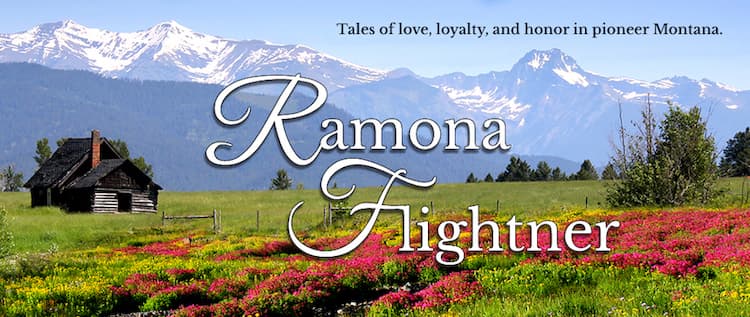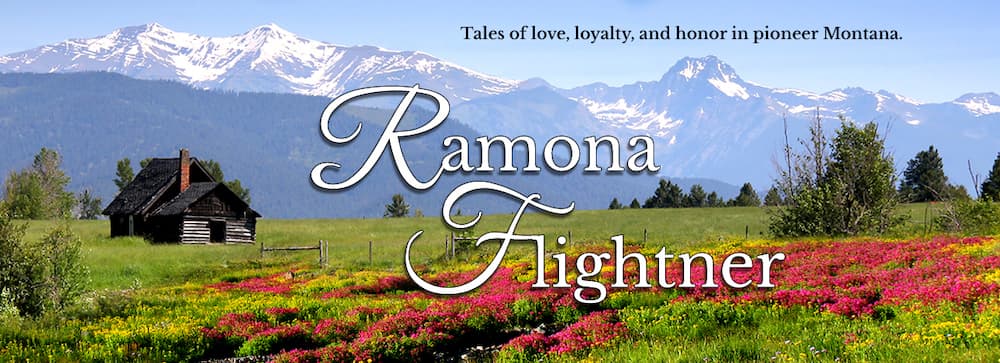Last week, a friend invited me to a new bar on Beacon Hill, Carrie Nation’s Cocktail Club. When I heard the name, I laughed out loud at the sheer irony of honoring one of the most radical members of the temperance movement with such a place. I could not wait to go to see a place that Carrie Nation would have relished destroying in one of her “hachetations.” Upon arrival, I was drawn to one of the outside display windows with her name and a large hatchet. They also used a hatchet for the “t” in her name, which I thought was quite clever. For those of you who do not know much about Carrie Nation, she used to go into saloons and bars with a hatchet and destroy as much of the bar as possible before either being thrown out or being arrested. Her actions were soon called “hachetations” and she was arrested at least 30 times. I think it is a perfect word for conjuring an image of a tall, righteously indignant woman bent on bending others to her will. She described herself as, “a bulldog running along at the feet of Jesus, barking at what He doesn’t like.” By the early part of the 1900’s, all bars had a sign reading “All Nations Welcome But Carrie.”
When I read quotes by Carrie Nation, I wonder at her life and the life of women at the turn of the 20th Century. I have done quite a bit of research about women and their roles during that time, and yet it is hard to fully understand what being a woman, with few job prospects and unable to vote, would be like. Although I have chosen to focus on Suffragism in my books, I know that many suffragettes were also members of the Temperance Movement. I realized Carrie Nation must have had a rough life to have felt the urge to pick up her hatchet and to proclaim, “Men are nicotine-soaked, beer-besmirched, whiskey-greased, red-eyed devils.”
Carrie Nation’s Cocktail Club was light and airy, with beautiful light fixtures styled from the time period. The tables all had claw feet, and there were antiques scattered around the rooms. They had drinks named for lawyers and judges, writers and fighters, cops and robbers. The Volstead. The Scofflaw. People on the take or in positions of power in Boston during Prohibition. Simply reading the menu was an educational experience. I had a punch that was perfect for a hot summer night.
On the walls in the hallway toward the bathroom were pictures of Carrie Nation and other women of the Temperance Movement. One picture showed children holding a sign saying, “Milk Not Beer.” Although it was easy to look back on the Temperance Movement and Prohibition from today’s perspective and wonder, “what were they thinking?,” pictures like that forced me to examine again what a complex issue it was. While at Carrie Nation Cocktail Club, I sat facing the bar, and my eyes continually searched for something that seemed to be missing. There were the requisite televisions, shelves for glasses, and beautiful mirrors. It was not until I left that I realized I had not seen the sign, “All Nations Welcome But Carrie.”













